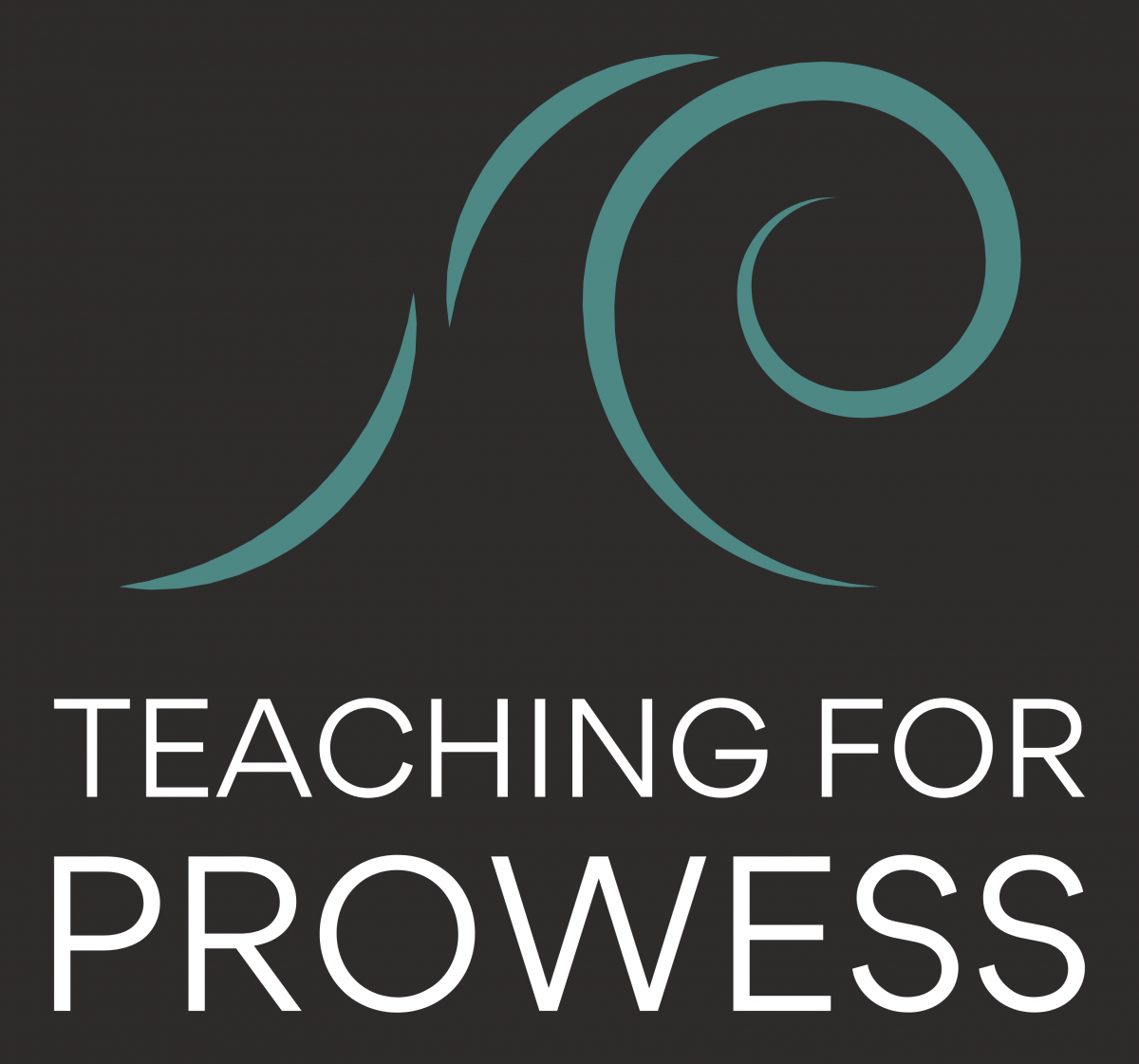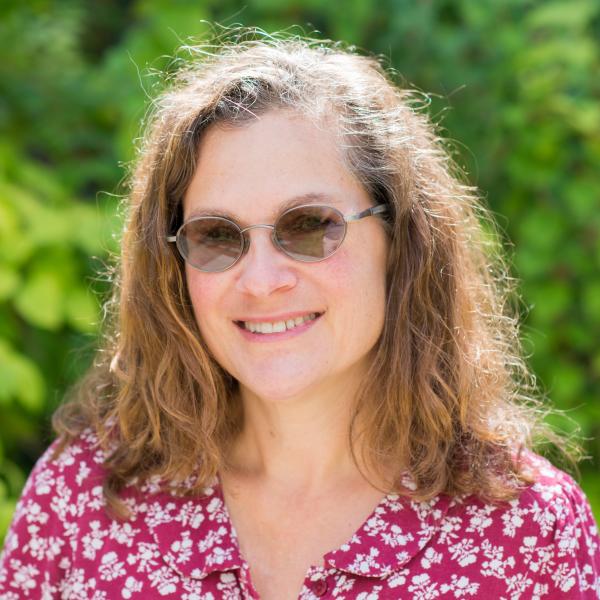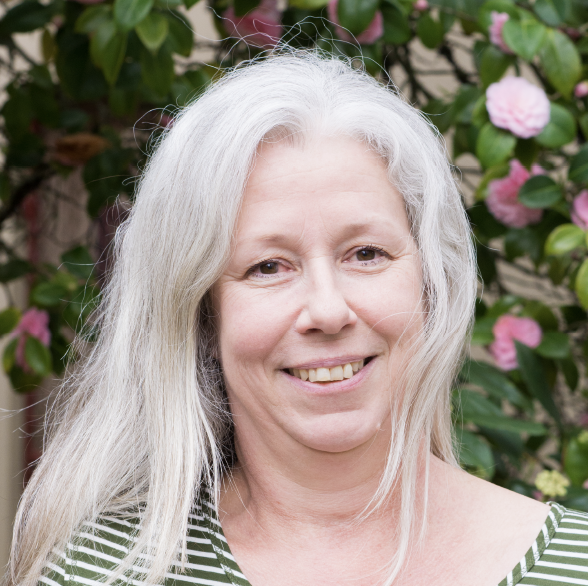2020 - 2025
Teaching for PROWESS aims to increase access and success for community college students in mathematics courses on the STEM pathway. Guided by the IMPACT: Improving Mathematical Prowess and College Teaching document (American Mathematical Association of Two Year Colleges, 2018), the project will convene teams from eight community colleges mathematics departments to transform the teaching and learning of mathematics at both the classroom and department levels. This project is guided by a definition of active learning in mathematics (ALM) as described by Laursen and Rasmussen (2019); active learning in mathematics is grounded on four principles: (1) students’ deep engagement in mathematical thinking; (2) instructors’ interest in and use of student thinking; (3) student-to-student interaction; and (4) instructors’ attention to equitable and inclusive practices.


